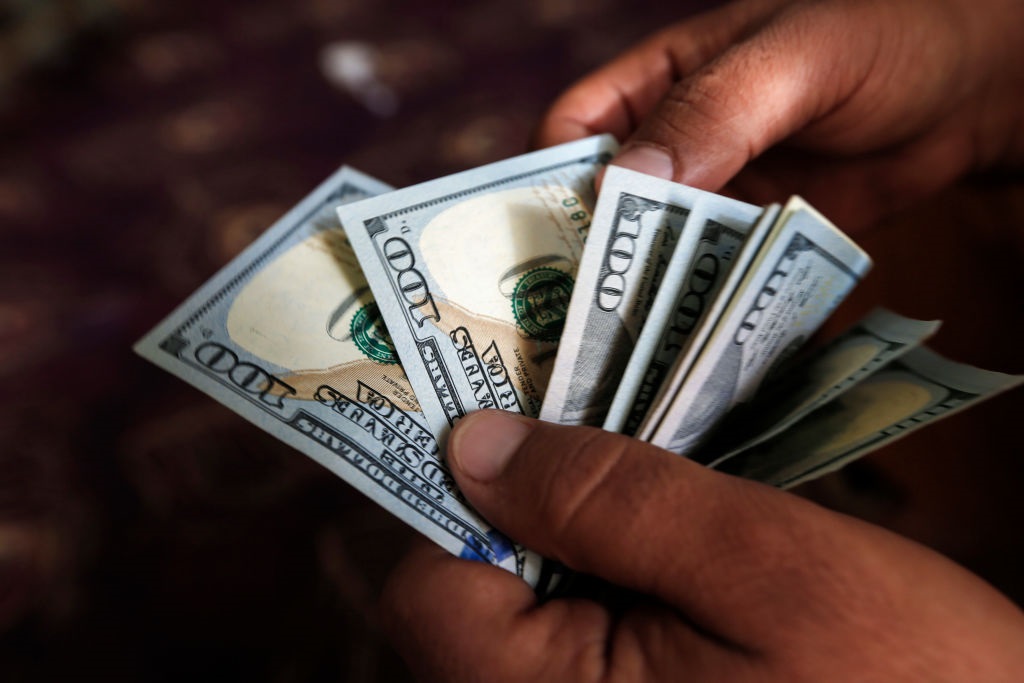Source: Political party financing: Natural resources a key enabler – NewsDay Zimbabwe
Green Governance Zimbabwe Trust
POLITICAL party financing remains a cog in the democratisation of elections because of its potential to place some parties ahead in the electioneering process at the expense of others.During instances where the sources of funding for elections are opaque, parties source illicit funds from foreign investors (through arranged investment), from individuals and from local corporates who are seeking to have their businesses “protected” by the incumbent ruling party that may otherwise disrupt them for non-conformity.
These practices violate the Political Parties Finance Act and pose a threat to democracy and allegiance that elected officials should ideally have towards the electorate.
The official sources of financing for political parties in Zimbabwe are laid out in the Political Parties Finance Act (Chapter 2:11), where parties are supposed to fulfil the requirement of 5% of the total number of votes cast in a recent election to get financial support from the State which says:
“Each political party whose candidates received at least 5% of the total number of votes cast in the most recent general election shall be entitled to the same proportion of the total moneys appropriated as the total number of votes cast for its candidates in the election bears to the total number of votes cast for all its candidates in that election.”
However, this funding is not adequate. To supplement this paltry amount, parties find themselves siphoning money from the State, business or individuals in order to gear up and defend or protect their vote and secure control of the government.
The huge financial gap that is created by parties during elections, therefore, makes ”money” a crucial commodity that has a bearing on a party’s potential to mobilise voters, engage communities and convince voters for the purposes of securing a seat in Parliament.
For the party which is in control of government, fundraising for elections is characterised by abuse of State resources such as schools, government institutions and the electorate to generate financial resources which are channelled towards local and national level electioneering purposes.
As we look forward to the 2023 elections, it is without doubt that the mining sector has again been earmarked to finance the elections as evidenced by the events of the last two years.
The mining sector in its various forms — large scale, small-scale and artisanal — has largely been infiltrated by ruling party stalwarts who have control over the production, administration and trade of the minerals.
While this is being done with prejudice, lawlessness and impunity, it will assume the responsibility to fund the electoral process of the ruling party in order to get protection, reprieve and waivers.
The nature in which funds are generated within the artisanal mining sector is even more worrisome because production, administration and trade can happen without any trace or track record.
It is, therefore, possible for artisanal miners to produce gold or diamonds, sell them and finance the incumbent party during election for them to get the much-needed protection to continue their illicit trade without any paper trail or evidence of corruption.
This state of affairs makes it difficult for elections to be conducted in a level-playing field as the incumbent party has all the resources to finance its election campaign.
The Centre for Natural Resource Governance in the report Mortgaging the Future in Return for Power – Zimbabwe’s Natural Resources and the 2018 Election makes reference to the country’s mineral resources being mortgaged and used as surety for the illicit “loans” that politicians and political parties receive from corporate entities and individuals to fund their election campaigns.
The report reminds us of a case of Bokai mine, which Zanu PF, through the ZMDC, sold for $100 000 000 to Billy Rautenbach, who immediately passed on the same mine to CAMEC for $175 000 000. CAMEC, in turn, valued the same for US$1 billion, an increase of US$825 000 000 in a space of 30 days.
Citizen urgency to monitor the abuse of natural resources during the period of electioneering is called for in order to curb vote buying, clientelism and neo-patrimonialism associated with elections in Zimbabwe.
It is key for citizens to be urged to desist from being used to facilitate the consolidation of power by political parties but to play a watchdog role to ensure resources are channelled towards their intended purpose.
The post Political party financing: Natural resources a key enabler appeared first on Zimbabwe Situation.
